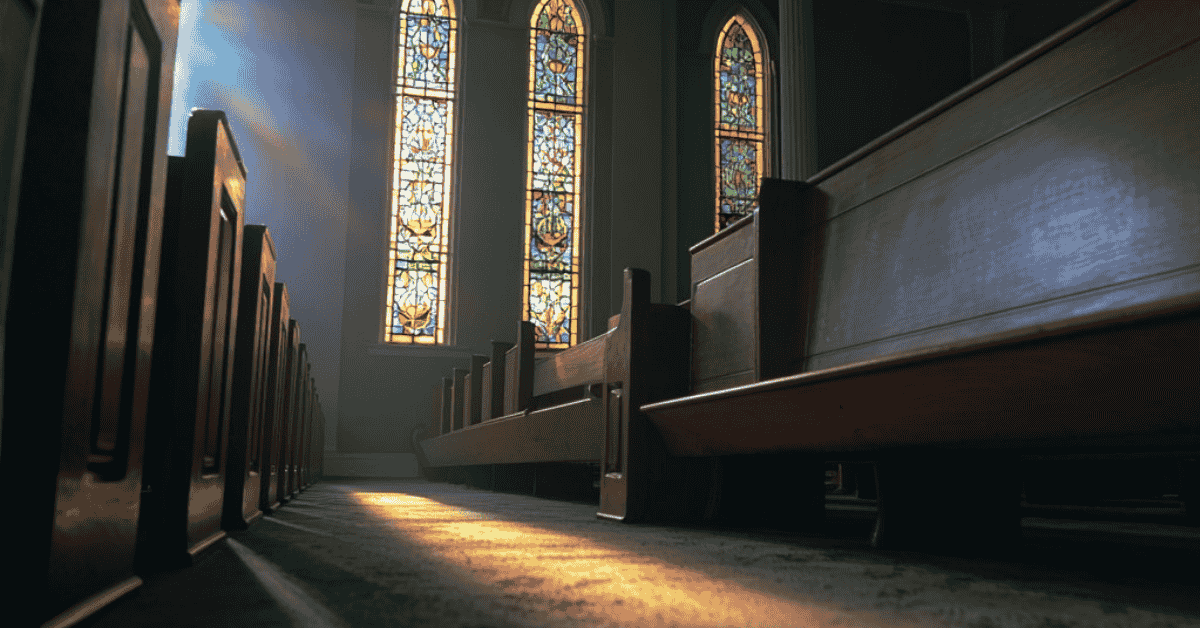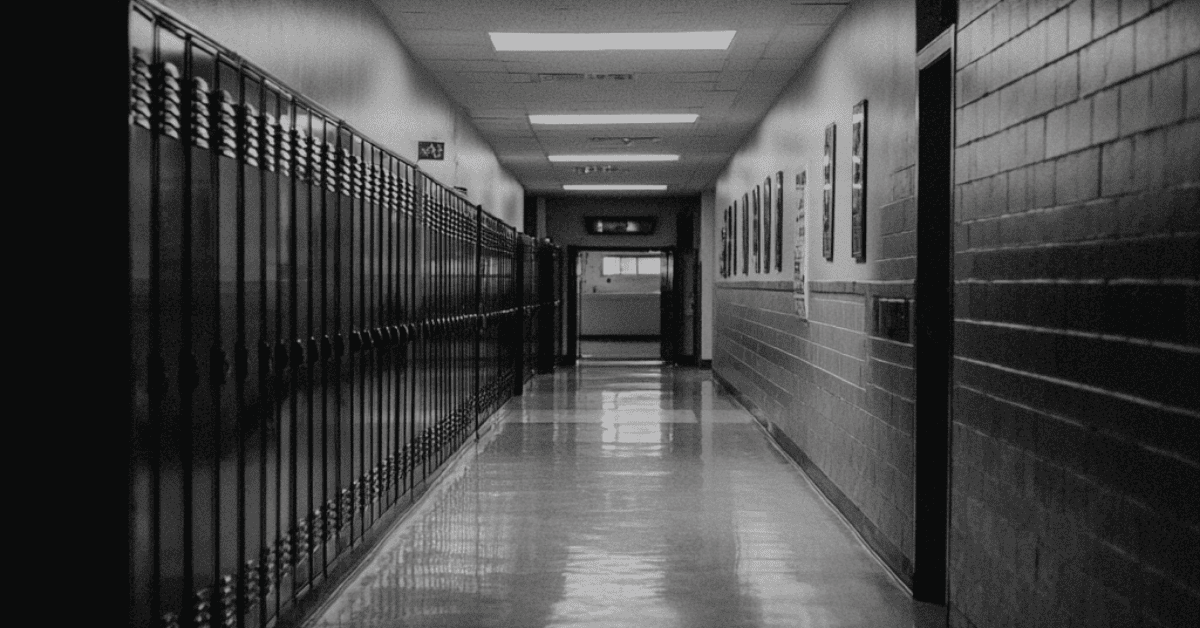Abuse in Residential Youth Facilities: What I’ve Learned Representing Parents
I never get used to the moment a parent realizes something’s wrong.
It usually starts with a hesitation — a mother saying, “I don’t know if I’m overreacting, but…” Or a father whispering, “He hasn’t been the same since he got back.” Some parents come in with documents. Some bring nothing but their gut feeling and a deep, gnawing fear.
Over the years, I’ve heard more than my share of horror stories about abuse in residential youth facilities. But the ones that keep me up at night are the cases that took years to come to light — where a facility marketed itself as “Christian-based,” “therapeutic,” or “structured,” but ended up breaking a child down in silence.
One of the worst I’ve handled involved The Lord’s Ranch, a facility in Arkansas where multiple survivors allege sexual abuse, assault, and psychological torment.
And sadly, that case isn’t an outlier. It’s part of a pattern — one I wish more families knew about before entrusting their children to these places.
What Abuse in Youth Facilities Actually Looks Like
When people hear “abuse,” they think bruises. But most of the damage I’ve seen comes without marks.
At residential youth programs, abuse often masquerades as discipline. Solitary confinement is called a “cool-down room.” Physical restraint gets filed as “behavioral intervention.” Kids are punished for crying, denied access to bathrooms, and humiliated in front of peers. That’s not structure — that’s institutional abuse.
Neglect is just as damaging. I’ve worked with families whose children were left unsupervised with violent roommates. Some weren’t given access to their medications. Others missed months of schoolwork while facilities claimed they were receiving “therapeutic education.” Spoiler: They weren’t.
Then there’s the psychological warfare. Staff members playing favorites, pitting kids against each other, or using religious guilt as control. I’ve spoken to survivors who were forced to confess “sins” in group settings and punished for questioning authority.
This isn’t rare. These methods are embedded in how some facilities operate. They count on parents being far away, communication being limited, and kids being too traumatized or afraid to speak up.
What’s worse? These places are often licensed by the state. They pass inspections. They advertise on clean websites. But behind closed doors, the rules change — and the ones supposed to protect these children often look the other way.
You don’t have to wait for proof to act. If something feels off, it usually is.
What Parents Often Miss — Until It’s Too Late
Most of the parents I represent didn’t miss the signs — they just didn’t recognize them.
One mother told me her son became “weirdly polite” after returning home. He wouldn’t make eye contact. He called her “ma’am” and asked permission to use the bathroom in his own house. She thought maybe it was a sign of growth. Then he started wetting the bed.
Another dad said his daughter stopped speaking. Just shut down. The facility had told him she was “defiant.” But it turns out she had been isolated for days at a time, told she was “possessed,” and restrained until she bruised.
These facilities are masters of manipulation. They control contact, script calls, censor letters. They tell kids their parents “gave them up,” that no one cares, that they’ll end up in jail if they leave.
Parents often feel guilty — like they failed to protect their child. But blame doesn’t belong to them. It belongs to the people who built systems meant to isolate, punish, and silence.
When I review a facility’s internal records, it’s not uncommon to find months — even years — of incident reports, behavior logs, and staff memos that reveal a disturbing truth: this wasn’t a one-time failure. It was baked into the culture.
Can You Sue a Youth Facility? Yes — But Here’s What to Know
Short answer? Yes. You can sue a youth residential facility.
Long answer? It’s not easy — but that’s exactly why it matters.
These facilities are often protected by complex corporate structures. They hide behind LLCs, shift assets, and operate under different names in different states. Some are owned by massive behavioral health companies with deep pockets and high-powered legal teams.
Take Perimeter Healthcare, for example — a company that runs dozens of facilities across multiple states. We’ve filed lawsuits on behalf of families alleging abuse and neglect. And every time, it’s a legal maze: layered corporate shells, limited transparency, and licensing boards that seem more interested in protecting businesses than children.
Then there are the statutes of limitation. In Arkansas, you typically have three years to file a personal injury claim — but it’s more complex when the victim is a minor. Time limits may pause (“toll”) while the child is under 18, but that doesn’t mean you should wait. Evidence disappears. Witnesses move. Records get “lost.”
Also: many facilities force parents to sign arbitration agreements, trying to block lawsuits before they even happen. That doesn’t always hold up in court — but it complicates things.
If you’re wondering whether you can sue, the better question might be: “What would I want someone to do if this were my child?”
Because institutions don’t change on their own. They change when someone makes them.
How I’ve Helped Parents Fight Back
I’ve stood beside parents in courtrooms, conference rooms, and living rooms — each one asking the same thing: “How could this happen?”
I’ll never forget one case where a girl, age 13, had been locked in a closet-like room for “noncompliance.” No window. No mattress. Just a bucket in the corner. The facility called it a “reflection space.” Her mother had no idea until the girl ran away and called from a stranger’s phone.
We sued the facility, and during discovery, uncovered pages of incident reports — not just for her, but for dozens of other children. We found emails from staff joking about “lockdown Fridays.” It wasn’t just one bad employee. It was cultural rot.
Not every case ends in a trial. Some settle. But what parents want more than anything is the truth. They want answers. They want someone to acknowledge what their child went through.
If there’s one thing I’ve learned, it’s this: legal action does more than get compensation. It validates pain. It opens the door for healing.
I’ve had parents tell me, “We just didn’t know where to start.” My answer is always the same — start by asking questions. Ask to see records. Ask why your child seems different. Ask a lawyer if what happened sounds legal.
You don’t have to do it alone. Here’s where to begin.
What Still Needs to Change
Here’s the part that keeps me up at night: most of these facilities are still open.
They change names, hire new staff, move to new buildings. But the patterns don’t change. The oversight is weak. Licensing boards often rely on self-reported data. When kids report abuse, they’re often dismissed as “troubled” or “unreliable.”
And even when a facility does get shut down, others pop up in its place — same model, same marketing, same broken promises.
Arkansas has a long, painful history of institutional failures. We’ve documented some of it in our Silent Epidemic series. And it’s not just the rural programs. It’s also hospitals, group homes, and so-called treatment centers in plain sight.
What we need is real accountability — public transparency, mandatory reporting of incidents, and criminal charges for those who cover up abuse. Until then, parents are the first and last line of defense.
These institutions count on silence. Count on shame. Count on the system being too slow, too complicated, or too overwhelmed to catch them.
I’m telling you: they’re not untouchable.
A Final Word to Parents Who Are Unsure
If you’re reading this because you suspect something’s wrong — trust your instinct.
You don’t need to wait for bruises or confessions. If your child is acting different, afraid, withdrawn, overly obedient, angry, or shut down — don’t dismiss it. Don’t chalk it up to “adjustment.” Ask questions. Demand answers. Speak to a lawyer who’s seen behind the curtain.
Some parents worry they’ll seem overprotective or paranoid. I’d rather you be both than let abuse go unseen.
You don’t owe a facility the benefit of the doubt. You owe your child protection.
If you don’t know where to start, that’s okay. Start here.



